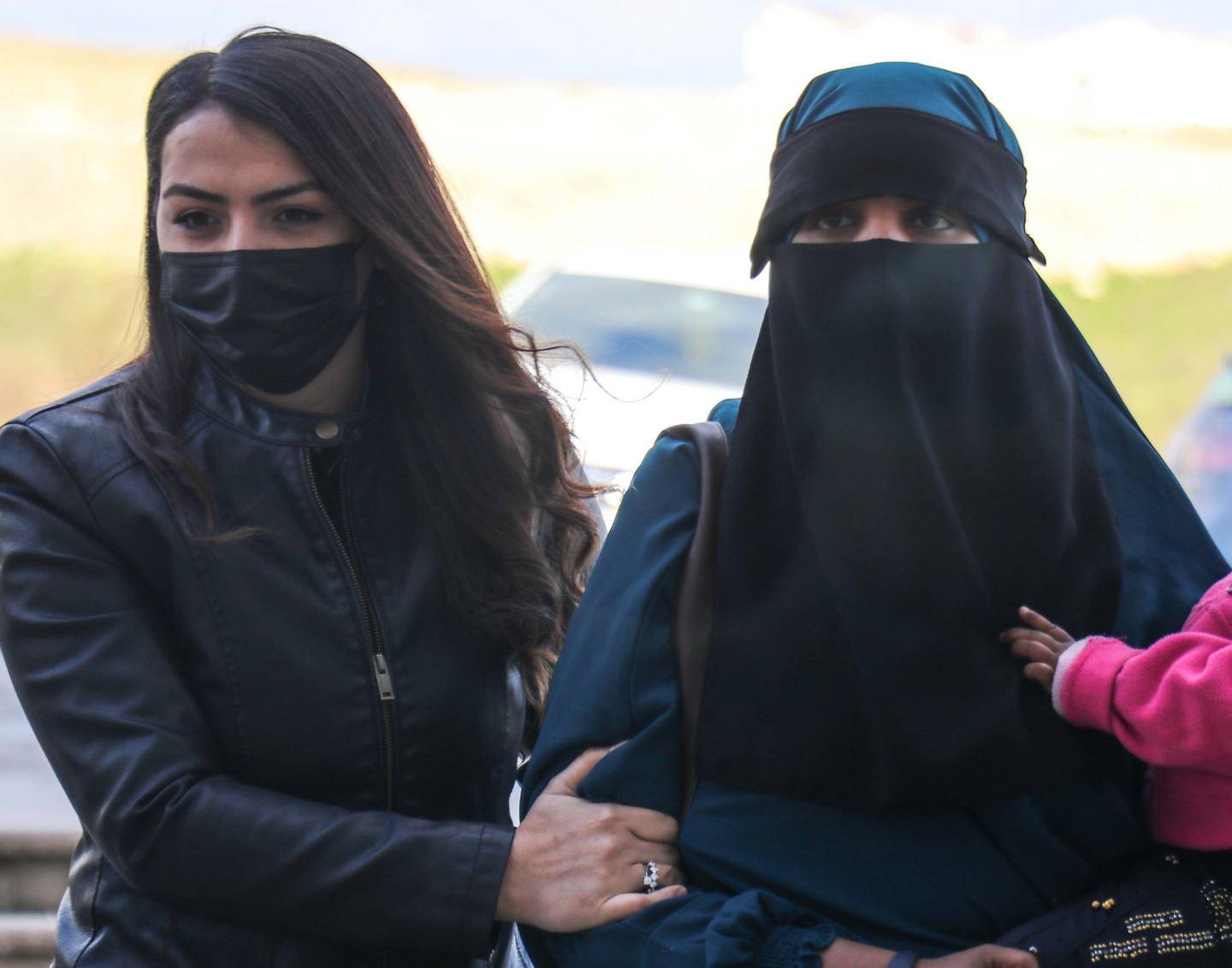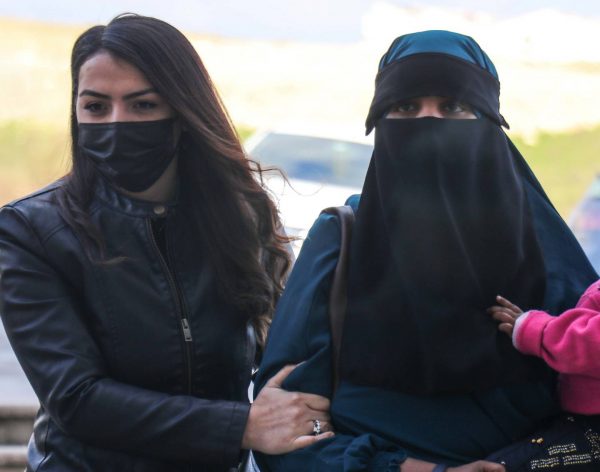Suhayra Aden is yet another example of a kiwi terrorist playing the child card for sympathy in NZ media. Women are a driving force of Western Islam, capitalising on emotions in Western feminist based media, as can be seen from this RNZ quote from the then spokesperson of the Islamic Woman’s Council of NZ, Anjum Rahman.
“We know that there are young men that were jailed in this country for sharing Isis videos. We know that there are at least 30 or 40 men that lost their passports and right to travel and we didn’t hear or see any free speech coalition.
“We didn’t see lots of funding go to them. We didn’t see anyone jumping up to defend the right to share videos.”

Australia Prime Minister Scott Morrison is unrepentant about revoking the citizenship of a Kiwi-born suspected Isis terrorist, but says he is “ready to address” issues around the woman’s two young children.
Meanwhile New Zealand Prime Minister Jacinda Ardern, who previously said New Zealand was “tired of having Australia export its problems”, said: “Scott Morrison is very clear on our view.”
The pair were speaking in Queenstown in response to questions about Suhayra Aden, who was born in New Zealand and moved to Australia with her family aged 6.
Aden travelled to Syria on an Australian passport in 2014. Alleged to be involved with Isis, Morrison authorised the cancellation of Aden’s passport 2020, without telling Ardern.
The action closed the door on Australia, where Aden had been raised and grown into the young woman who decided she wanted to travel to Syria.
Morrison, who is on his first visit to New Zealand since the Covid-19 pandemic began, was asked by media if he thought it was appropriate to “export your problem when we are supposed to be mates”.
He responded: “Well, Ms Aden is not an Australian citizen.”
He later added that “it was our law and we believe it was”.
However, he said he and Ardern had discussed the status of Aden’s two children – aged around 2 and 5 years.
“We have spoken today about her children and the pathway they have eligibility for in Australia, and we stand ready to address those issues.”
On the “broader issue” around Australia deporting New Zealand-born residents who had committed crimes and how it affected the special relationship between the two countries, Morrison said it was “not a law specific to New Zealand”.
“On the broader issue, one often raised when I come to New Zealand or when we meet in Australia, Australia laws regarding criminal acts by those who commit them in Australia in violation of our laws when they are not a citizen deported at conclusion of their sentence.”
On the matter Ardern said they had “had these conversations before”.
“Scott Morrison is very clear on our view,” she said.
Aden was arrested in mid-February trying to enter Turkey from Syria. Her detention triggered a diplomatic row when it emerged Australia had stripped the 26-year-old of her Australian citizenship, leaving New Zealand to deal with her predicament.
Ardern and Morrison had spoken of Aden but not settled her fate.
After news broke of the situation, Ardern said: “I think New Zealand, frankly, is tired of having Australia export its problems. This is clearly an individual whose links sit most closely with Australia.”
University of Waikato Law Professor Claire Breen previously wrote in The Conversation Australia unilaterally revoking Aden’s citizenship “potentially left her two children in diplomatic limbo”.
“Children born overseas to Australian citizens can claim Australian citizenship upon application,” she said.
“So too can the children of New Zealanders born overseas.
“However, the children of Australian citizens who have had their citizenship revoked can themselves lose their citizenship rights.”
But according to the UN Committee on the Rights of the Child, the best interests of the child should govern all decisions relating to them, and the child has a right to be heard in all proceedings affecting them, she said.
“In essence, then, the rights of the child must inform any decisions about the future of these children. As part of that process, the maintenance of relationships with the wider family unit — if not their mother — is still key and the child’s best interests must be taken into account.”

